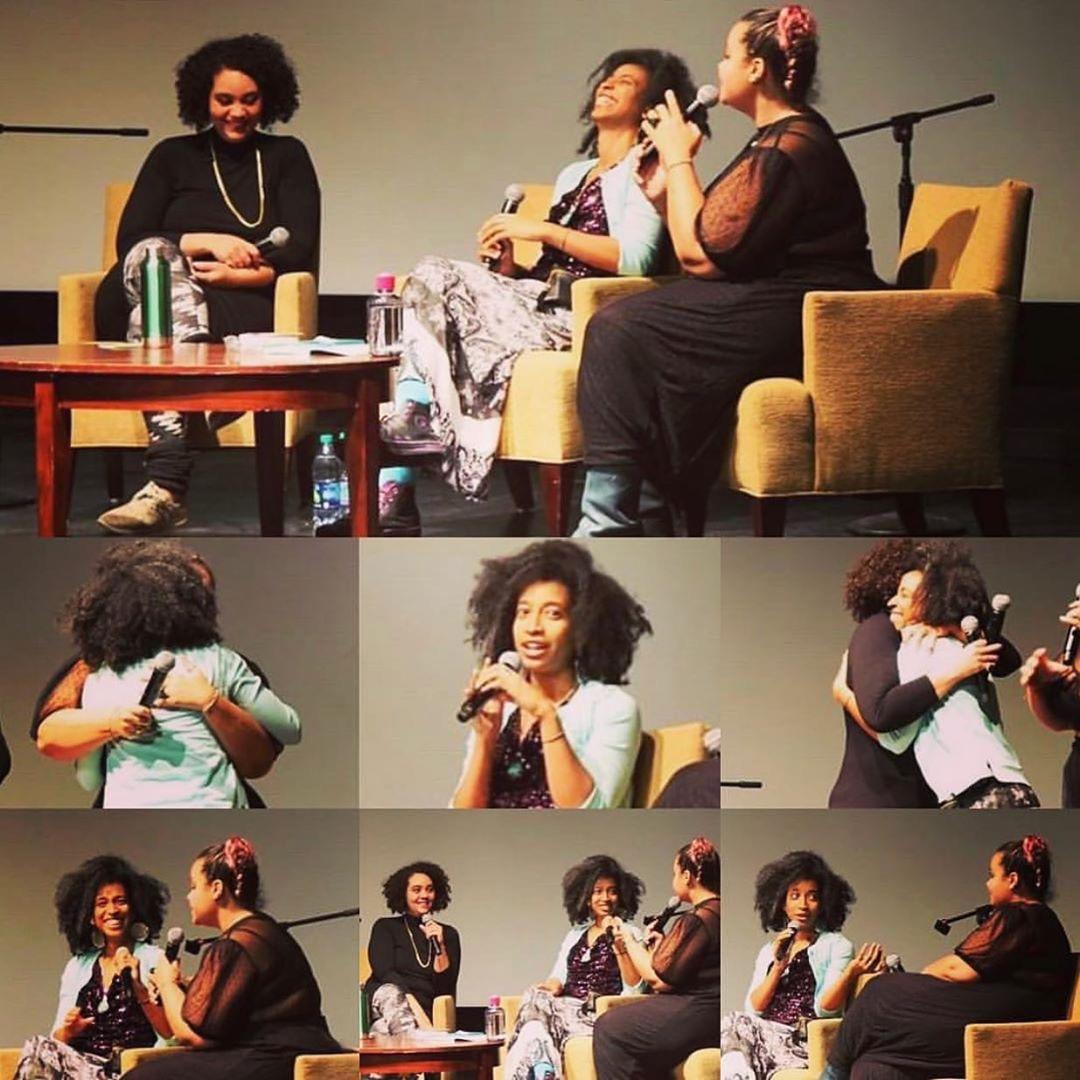What is abolition?
“Prison Industrial Complex (PIC) abolition is a political vision with the goal of eliminating imprisonment, policing, and surveillance and creating lasting alternatives to punishment and imprisonment. Abolition isn’t just about getting rid of buildings full of cages. It’s also about undoing the society we live in because the PIC both feeds on and maintains oppression and inequalities through punishment, violence, and controls millions of people.
Because the PIC is not an isolated system, abolition is a broad strategy. An abolitionist vision means that we must build models today that can represent how we want to live in the future.
It means developing practical strategies for taking small steps that move us toward making our dreams real and that lead us all to believe that things really could be different. It means living this vision in our daily lives. Abolition is both a practical organizing tool and a long-term goal.”
– Critical Resistance
A great introduction to abolition for those interested in learning more - this short comic drawn by Flynn Nichols, with words about Mariame Kaba: "Who's Left: Prison Abolition".
Why is abolition a feminist and gender equity issue?
"Feminism as a political perspective is about change in structures - about ending domination and resisting oppression. Feminism is not just incorporating women into existing institutions." - Charlotte Bunch, activist, author and organizer
In contrast with the definition above, carceral feminism "describes an approach that sees increased policing, prosecution, and imprisonment as the primary solution to violence against women. This stance does not acknowledge that police are often purveyors of violence and that prisons are always sites of violence. Carceral feminism ignores the ways in which race, class, gender identity, and immigration status leave certain women more vulnerable to violence and that greater criminalization often places these same women at risk of state violence" (Victoria Law).
Abolition addresses careceral feminism and how it fails to create an equitable world, particularly for those who are already living at the margins in our society.
In the words of adrienne maree brown, "We are bending the future, together, into something we have never experienced. A world where everyone experiences abundance, access, pleasure, human rights, dignity, freedom, transformative justice, peace. We long for this, we believe it is possible."
How is transformative justice related to abolition?
Transformative justice is an abolitionist and political framework. It is an "approach for responding to violence, harm and abuse. At its most basic, it seeks to respond to violence without creating more violence and/or engaging in harm reduction to lessen the violence" (Mia Mingus).
- Why is This Happening with Chris Hayes | Abolishing Prisons with Mariame Kaba What if we just got rid of prisons? The United States is the epicenter of mass incarceration — but exactly what is it we hope to get out of putting people in prisons? (Podcast and transcript, NBC News).
- Navigating Justice for Sexual Abuse Survivors, When You're a Prison Abolitionist and a Survivor I don’t want temporary healing. I don’t want a fleeting safety. (Joshua Briond, AFROPUNK)
Where can I learn more about abolition?
- Is Prison Necessary? Ruth Wilson Gilmore Might Change Your Mind In three decades of advocating for prison abolition, the activist and scholar has helped transform how people think about criminal justice. (Rachel Kushner, New York Times)
- Prison Abolition is a Key Component of Reproductive Freedom The prison industrial complex looms large as one of the single biggest institutions which perpetuate and exacerbate unequal access to reproductive care. (Lisa Hofmann-Kuroda, Wear Your Voice)
- TransformHarm.org A resource hub about ending violence. It offers an introduction to transformative justice. Created by Mariame Kaba and designed by Joseph Lublink, the site includes selected articles, audio-visual resources, curricula, and more.
- MPD150 A people's project evaluating policing, with the goal of shifting the discussion of police violence in Minneapolis from one of procedural reforms to one of meaningful structural change.
